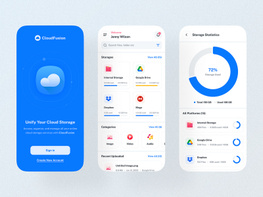tradePremium
Global Communication: English is the most widely spoken language in the world, making it the primary means of communication in international business. This common language helps bridge gaps between different cultures and facilitates smoother negotiations.
Increased Opportunities: Companies that operate in English can access a broader range of markets and clients. Proficiency in English allows businesses to engage with partners and customers from various countries, enhancing their competitive edge.
Simplified Transactions: Using English reduces the need for translation services, which can be costly and time-consuming. This efficiency leads to quicker decision-making and faster transaction processes.
Networking and Collaboration: English proficiency enables businesses to build relationships with international partners, attend global conferences, and participate in cross-border collaborations, fostering innovation and growth.
Benefits of Learning English for Trade
Career Advancement: Professionals with strong English skills are often more attractive to employers, especially in multinational companies. This can lead to better job prospects and higher salaries.
Access to Resources: Many of the world's leading business resources, research, and publications are available in English. Understanding these materials can provide valuable insights and knowledge for making informed business decisions.
Cultural Understanding: Learning English also involves understanding cultural nuances, which can enhance interpersonal relationships and improve negotiation outcomes in international trade.












